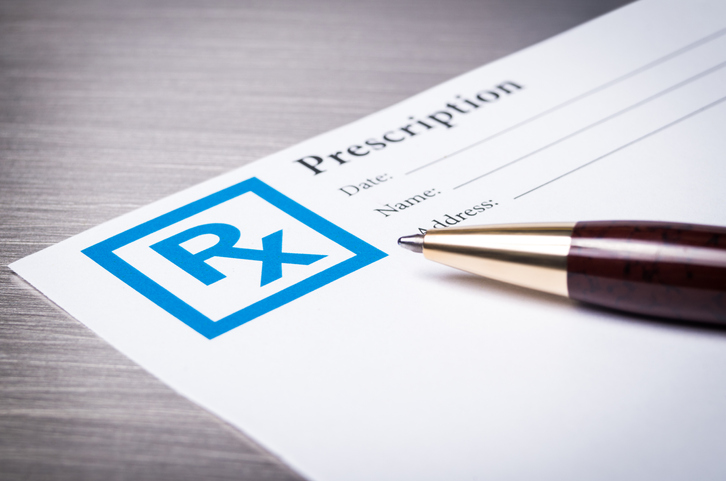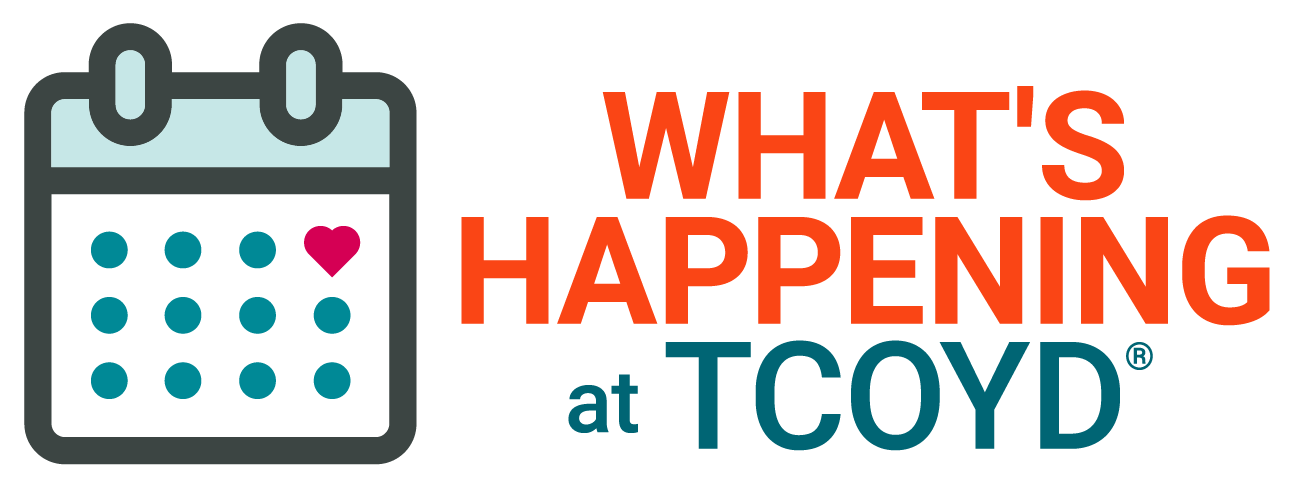
In order to help ensure that you get a prescription that will work safely and effectively, anytime your doctor is prescribing a drug for you, make sure you let them know the following things:
If you have any drug allergies.
Importantly, if you are allergic to one type of drug within a certain family of drugs, you might also be allergic to other drugs within that family. For example, if you have had an allergic reaction to penicillin, you might also have an allergic reaction to amoxicillin.
If you have any drug intolerances.
A drug intolerance differs from a drug allergy in that it is not related to the immune system. An example of a drug intolerance would be injection-site irritation from glargine insulin.
If you’ve taken the same medication before and had difficulties with it.
This may or may not require a different drug to be used. For example, if you previously had nausea when taking metformin, it may have been that you started on a higher dose than you could tolerate or you took it on an empty stomach. In both these cases, your doctor may be able to prescribe it for you again but have you start taking it in a low dose and with food, and if you tolerate the medicine, the dose can then be gradually increased.
If you have other health problems.
Certain other health problems may make it unsafe for you to take a medicine or may require a reduced dose. For example, if you have had problems with heart failure, you should not take pioglitazone (Actos). If you have moderately reduced kidney function you will need to take a reduced dose of metformin (and if you have severely reduced kidney function you should not take metformin at all).
If you are taking other prescription medications.
Certain prescription medications interact with other prescription medications that can result in greater or lesser potency of a drug. No one can be aware of all the thousands of potential drug interactions, therefore computer programs are invaluable in helping to keep track of this. Your pharmacist will use such a program when they are filling a prescription for you. You can look this up too – type “drug interactions” into Google and you will find a list of websites you can use to check for drug interactions.
If you are taking other nonprescription drugs or “natural” products.
Just because a drug is purchased without a prescription (so-called “over-the counter” drugs) it doesn’t guarantee it’s necessarily safe to take, nor does it mean it cannot cause side effects or interact with other medications. For example, if you are taking iron pills and ingest them at the same time as thyroid medication, the thyroid medication may not be absorbed properly into your body. And if you are taking a “natural” product such as St. John’s Wort, it can affect how a prescription drug like digoxin is working. Even seemingly innocuous products like Coenzyme Q10 and garlic can cause dangerous interactions with certain types of prescription drugs.
If you have a hard time remembering to take your medicines.
If this is the case, get a dosette container that has compartments marked with the day and time of day for a week. You can fill each compartment at the start of each week or, even better, ask your pharmacist to put your drugs in a blister pack.
If you are pregnant, are planning on becoming pregnant, or you are breast feeding.
Many drugs are unsafe for pregnant or breast feeding women to take because the drug can get into the fetus or baby’s system. For example, ACE inhibitors (such as ramipril or perindopril) are unsafe to take if you are pregnant.
If you have a hard time swallowing pills.
If you have difficulty swallowing big pills, your doctor may be able to prescribe a medicine that comes in smaller pills. If that’s not possible, ask if the pill can be crushed or chewed, then swallowed. Some medications can, but some cannot, as they lose some of their effectiveness if they are not swallowed whole.
If you are uncertain for how long you are to take the medicine.
In most cases, if your doctor prescribes a medicine to control a condition that is not going to go away any time soon (such as diabetes, high blood pressure or high cholesterol), you should keep taking the medicine indefinitely, which means that when your prescription runs out, you need to get it refilled. This is in contrast to medicines taken for short-term problems, such as an antibiotic taken for a throat infection or a bladder infection.
If you’re not actually planning on filling the prescription.
It comes as a shock to most physicians to find out that one out of every five prescriptions they write is likely to go unfilled. There can be a variety of reasons. Perhaps you’ve never filled a certain prescription because when you went to the drugstore to get the medicine, you found the price to be onerous. Or maybe you remembered that you had previously taken the drug and had side effects from it. Or maybe you simply lost the prescription your doctor wrote for you. In any event, if you aren’t planning on filling a prescription, or if for some other reason you don’t fill a prescription, be sure to let your doctor know. Remember, you and your physician are on the same team and just like for any team, things will go better if everyone works together.

Leave a Reply